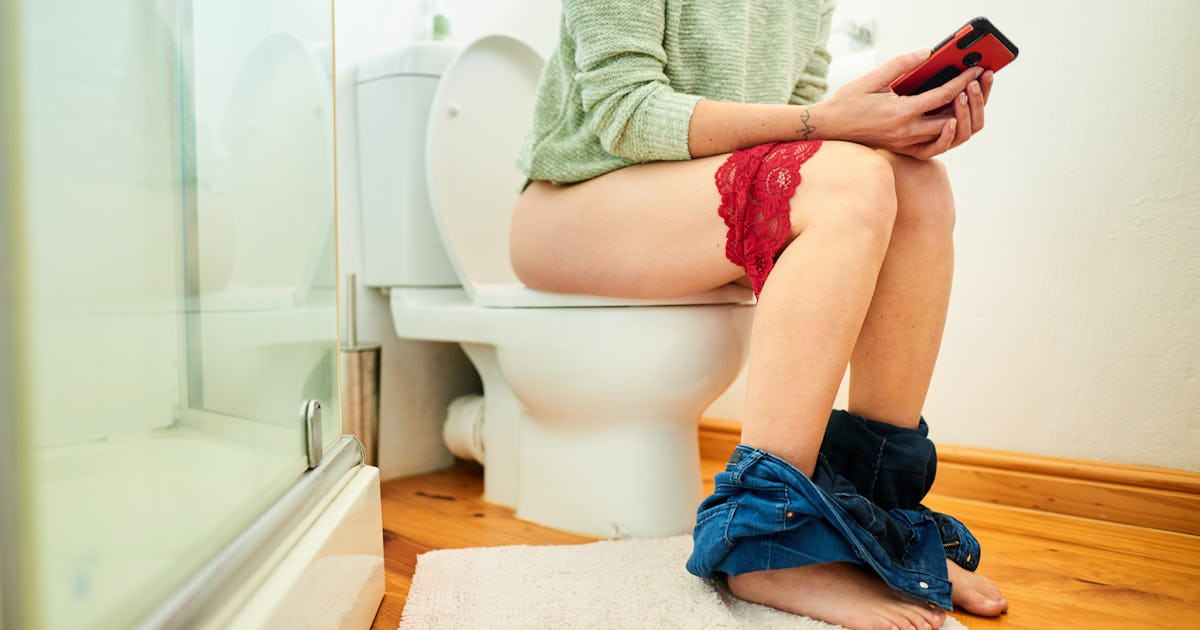Recognise Distinctive Vagina smell
The vagina does have a distinctive smell. The vaginal smell will be different during the menstrual cycle, pregnancy, or menopause. In addition, the vaginal odour will be stronger after you have sex or exercise. Many women feel inferior and insecure due to vaginal odour. In fact, a normal vaginal odour is nothing to worry about because it will go away on its own.
Causes of abnormal vaginal odour
If you are experiencing an abnormal vaginal smell, it is important to seek medical attention. There are a number of causes for an abnormal vaginal odour, including:
- Bacterial vaginosis
- Trichomoniasis
- Gonorrhea
- Chlamydia
- Yeast infection
- Sexually transmitted infections (STIs)
- Pelvic inflammatory disease (PID)
- Cancer
If you are experiencing any of the following symptoms, along with an abnormal vaginal odour, you should see a doctor. That is itching, burning, redness, swelling, pain during sex, and unusual discharge.
How to Reduce Vaginal Odours
The best way to reduce the risk of developing an abnormal vaginal odour is to practice safe sex. You can also reduce your risk by keeping your genital area clean and dry. Avoid wearing tight clothing and synthetic fabrics, as they can trap moisture and bacteria. If you are prone to bacterial vaginosis, you may want to consider using a feminine hygiene spray or wash.
If you are experiencing insecurity or discomfort due to your vaginal odour, remember that you are not alone. There are a number of products available to help reduce vaginal odours, including:
- Feminine hygiene sprays
- Washes
- Deodorants
- Probiotic supplements.
If you are still struggling to deal with your vaginal odour, you can always consult with your doctor. If you are experiencing an abnormal vaginal odour along with any of the symptoms discussed above, it is important to seek medical attention.
Did You Know? Vaginal Odours Changed During Menstrual Cycle
According to a study published in Archives of Gynecology and Obstetrics found that the vaginal odours changed during the menstrual cycle. The study found that the smell was most intense just before ovulation and just after menstruation. During these times, the vagina was more alkaline. The researchers suggest that this change in pH may be responsible for the different smells observed.

